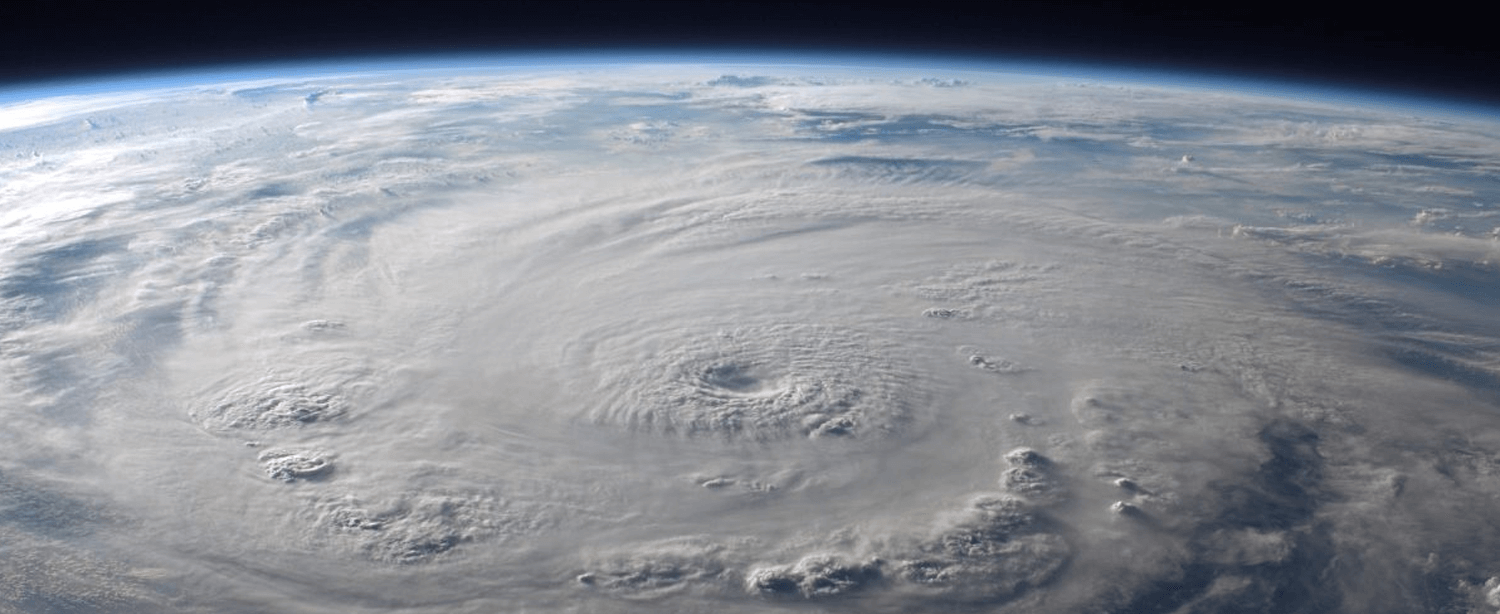Natural Disaster Policy Grant
Natural Disaster Policy Grant

The Texas Medical Center Health Policy Institute is providing grant funding to support research on ways Houston-area officials can coordinate their efforts in the wake of a natural disaster.
Researchers hope that by closely tracking the way organizations involved in the Hurricane Harvey recovery interacted with each other, they may be able to improve future collaboration if disaster strikes.
“We are so grateful to the many organizations, agencies and volunteers across the region who continue to assist with Hurricane Harvey recovery efforts,” said Arthur “Tim” Garson, Jr., MD, MPH, MACC , director of the Texas Medical Center Health Policy Institute. “We’re looking forward to providing them with this valuable tool to support their efforts.”
The research team consists of researchers from The University of Texas Health Science Center at Houston (UTHealth) School of Public Health, the Rice University Kinder Institute for Urban Research and the Texas Southern University Barbara Jordan-Mickey Leland School of Public Affairs.
Researchers will perform a type of study called a “social network analysis” to determine how the various entities involved in the recovery interact, including organizations involved in law enforcement, public health, flood management, emergency management, housing and disaster relief.
They hope their work will help identify ways to improve the flow of information across the region, reduce duplication of efforts and support vulnerable populations.
“We’re interested in making sure the support efforts are coordinated well, so that people and communities can link up with the help they need,” said the research team’s leader, Eric C. Jones, PhD, assistant professor at The University of Texas Health Science Center at Houston (UTHealth) School of Public Health in El Paso.
The study will include interviews and surveys of those involved in the Hurricane Harvey recovery effort, including officials working in the public, private and nonprofit sectors, as well as residents affected by the storm.
Ultimately, the researchers aim to convene workshops to discuss their findings with recovery organizations after they conclude the bulk of their research later this year.
